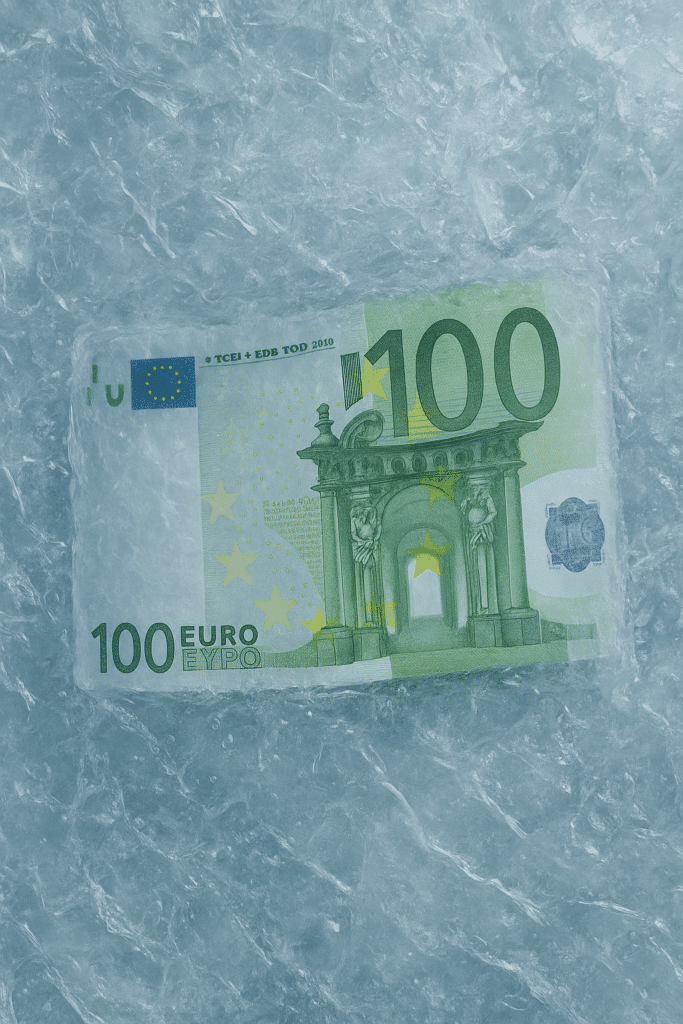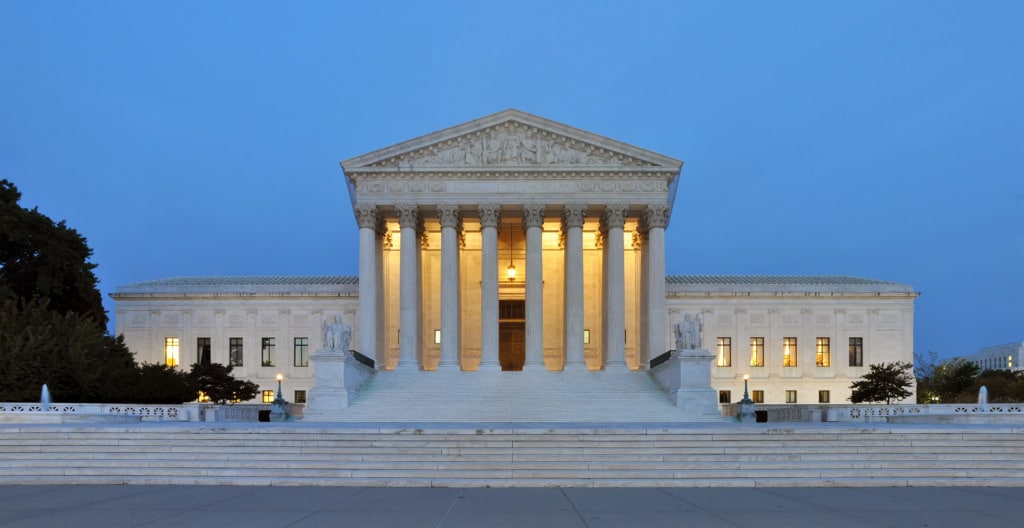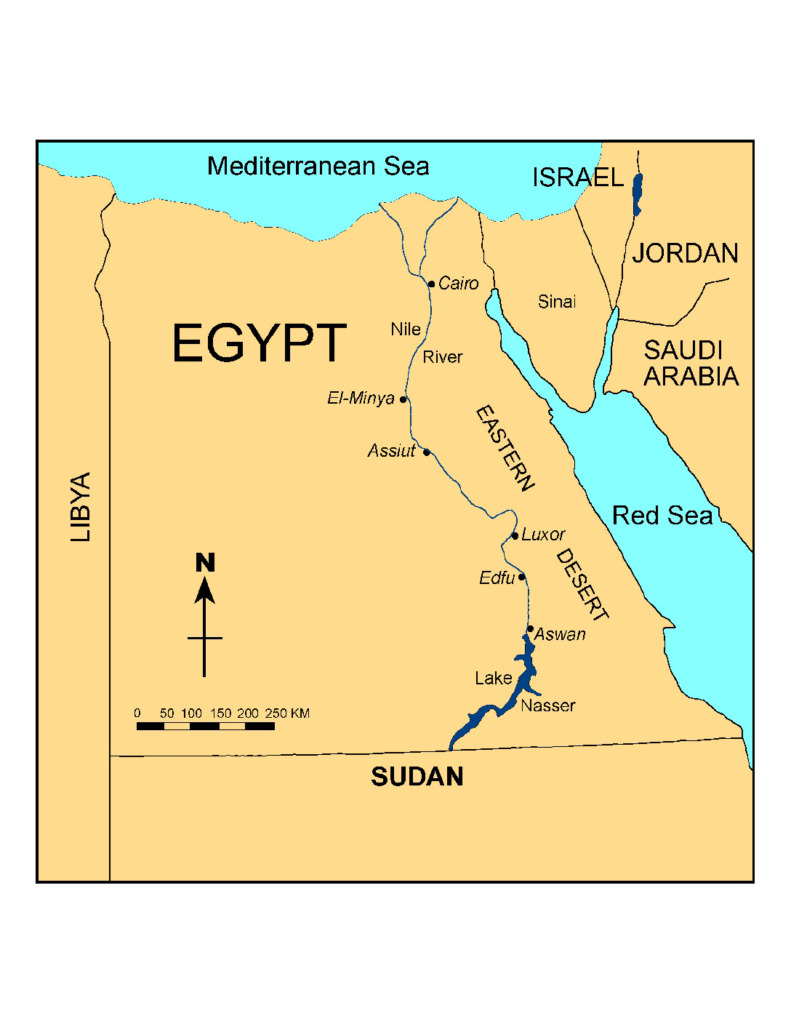Three Questions for the Ninth Circuit in Antrix
The Supreme Court’s recent decision in CC/Devas (Mauritius) Ltd. v. Antrix Corp. Ltd. represents a minimalist response to a narrow question embedded in a procedural labyrinth. As Ingrid Brunk noted on TLB, the Court resolved no significant issue, but rather corrected an obvious mistake by the Ninth Circuit. However, the case bristles with potential. Depending…
Continue ReadingSupreme Court Remands CC/Devas v. Antrix
To the surprise of no one, today the Supreme Court reversed and remanded CC/Devas v. Antrix. The Ninth Circuit had held that the Foreign Sovereign Immunities Act (FSIA) always requires minimum contacts between the defendant and the United States, an argument so weak that the respondents did not defend it before the Court. The Court…
Continue ReadingRecent Scholarship on Sovereign Immunity from Executive Measures
Immunity protects the assets of foreign sovereigns from the jurisdiction of domestic courts. Customary international law requires such immunity, which is also conferred in the United States by the Foreign Sovereign Immunities Act (FSIA). An important question about sovereign immunity is whether it also protects the assets of foreign sovereigns from executive branch or administrative…
Continue ReadingWhy Canada’s Terrorism Exception Does Not Violate International Law
Like the United States, Canada has an exception in its State Immunity Act (SIA) for state supporters of terrorism. Canada has put Iran and Syria on the list of states against which claims for terrorism may be brought in Canadian courts. Under the SIA, Canadian courts have found Iran liable for shooting down a Ukraine…
Continue ReadingHalkbank Files New Cert Petition
Halkbank, a Turkish state-owned bank accused of violating U.S. sanctions on Iran, filed a petition for certiorari last week seeking a second chance to convince the Supreme Court that it is immune from criminal prosecution in the United States. In its first trip to the Court, back in 2023, Halkbank argued that it was entitled…
Continue ReadingCVSG in Wye Oak v. Republic of Iraq: Is it Time to Resolve the FSIA “Direct Effect” Circuit Split?
On April 28, 2025, the Supreme Court called for the views of the Solicitor General (colloquially a “CVSG”) in Wye Oak Tech., Inc. v. Republic of Iraq. This is the latest chapter in a decades-long attempt by Wye Oak (discussed in a separate blog post) to recover damages for the breach of a contract it…
Continue ReadingNinth Circuit Addresses Common Law Immunity from Criminal Prosecution
Two years ago, in Turkiye Halk Bankasi A.S. v. United States (Halkbank) (2023), the U.S. Supreme Court held that the Foreign Sovereign Immunities Act (FSIA) does not apply to criminal proceedings and remanded the defendant’s claim of common law immunity to the Second Circuit. On remand, the Second Circuit deferred to the executive branch’s determination that Halkbank was not…
Continue ReadingSecond Circuit Expands Scope of Anti-Terrorism Act Suits Against Foreign States
On February 4, 2025, in Schansman v. Sberbank, the U.S. Court of Appeals for the Second Circuit ruled that foreign states and their agencies and instrumentalities may be sued under the Anti-Terrorism Act (ATA) for acts of international terrorism, provided that one of the enumerated exceptions to sovereign immunity in the Foreign Sovereign Immunities Act…
Continue ReadingDeciding the “Real Party in Interest” in FSIA Litigation
The Second Circuit has categorized a recent case against an individual Egyptian official as a case against the Egyptian government as the “real party in interest.” The case, Hussein v. Maait, was then dismissed because Egypt was immune from suit. The court of appeals did a nice job laying out and applying the relevant “real…
Continue Reading






